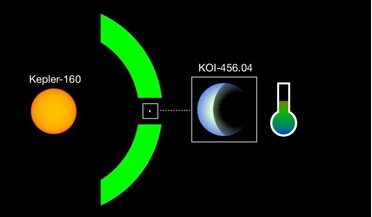 05 June 2020
Exciting exoplanet find around sun-like star
05 June 2020
Exciting exoplanet find around sun-like star
... but by a total of four planets,” says lead author of the new study Dr. René Heller who is based at the Max Planck Institute for Solar System Research (MPS) in Göttingen. Given the Sun-like features of its host star Kepler 160, and its Earth...
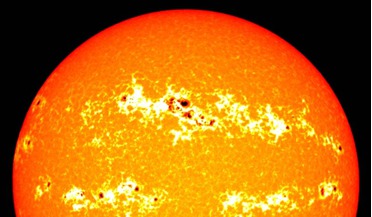 10 May 2016
When sunspots are minimal, the solar magnetic field is at a maximum, say researchers
10 May 2016
When sunspots are minimal, the solar magnetic field is at a maximum, say researchers
... ReSoLVE Centre of Excellence and the Max Planck Institute for Solar System Research, used a global computer model of the Sun to seek an explanation for the mechanisms involved in the long-term variation in solar activity. During the Sun's quiescent...
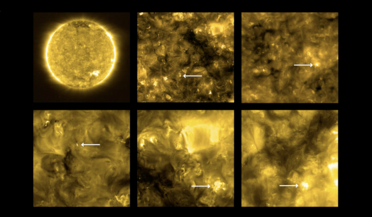 17 July 2020
Solar Orbiter spots country-sized ‘campfires’ on the Sun
17 July 2020
Solar Orbiter spots country-sized ‘campfires’ on the Sun
...on Earth. “Right now, we are in the part of the 11-year solar cycle when the Sun is very quiet,” says Sami Solanki, the director of the Max Planck Institute for Solar System Research in Göttingen, Germany, and PHI Principal Investigator. “But because...
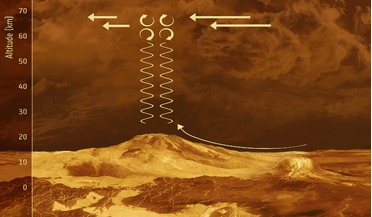 19 July 2016
Gravity waves on Venus create 'fountain of Aphrodite'
19 July 2016
Gravity waves on Venus create 'fountain of Aphrodite'
... were flowing downstream, moving from east to west across Venus," says co-author Wojciech Markiewicz of the Max-Planck Institute for Solar System Research in Göttingen, Germany. "Our first question was, 'Why?' Why is all this water locked up in this...
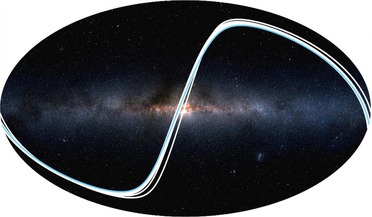 11 September 2017
Are we being watched from afar?
11 September 2017
Are we being watched from afar?
... Way? Turning exoplanet-hunting on its head, a group of scientists from Queen's University Belfast and the Max Planck Institute for Solar System Research in Germany have been looking at how an alien observer might be able to detect Earth using the...
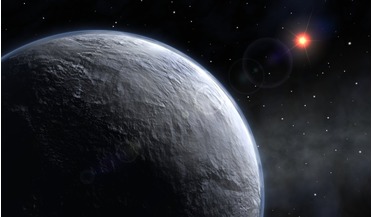 26 November 2021
A closer Moon could have helped the early habitability of our planet
26 November 2021
A closer Moon could have helped the early habitability of our planet
... theories could have helped keep Earth warm enough for some liquid water to remain, a new study headed by Rene Heller at the Max Planck Institute for Solar System Research in Germany, thinks we have overlooked the contribution of another potentially...